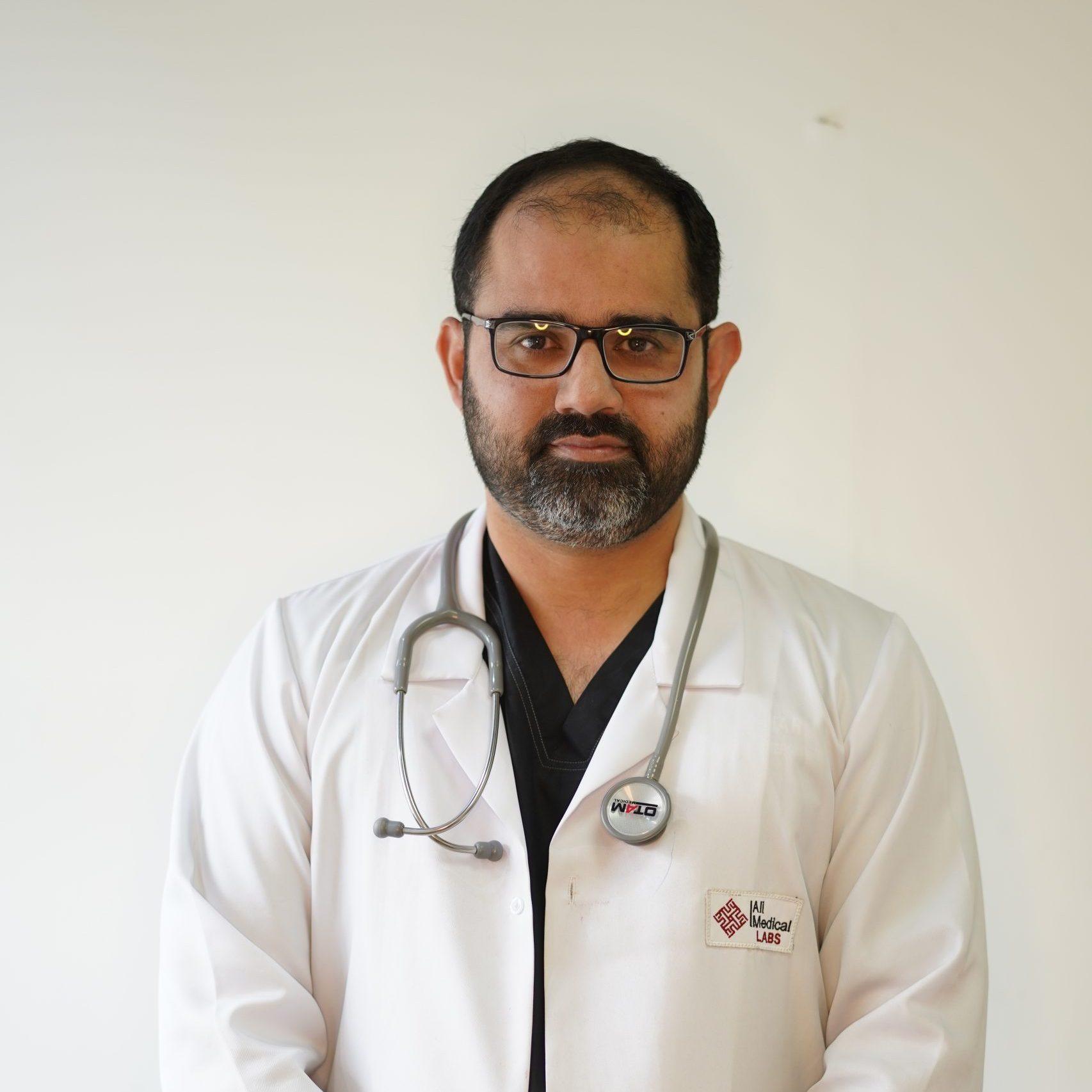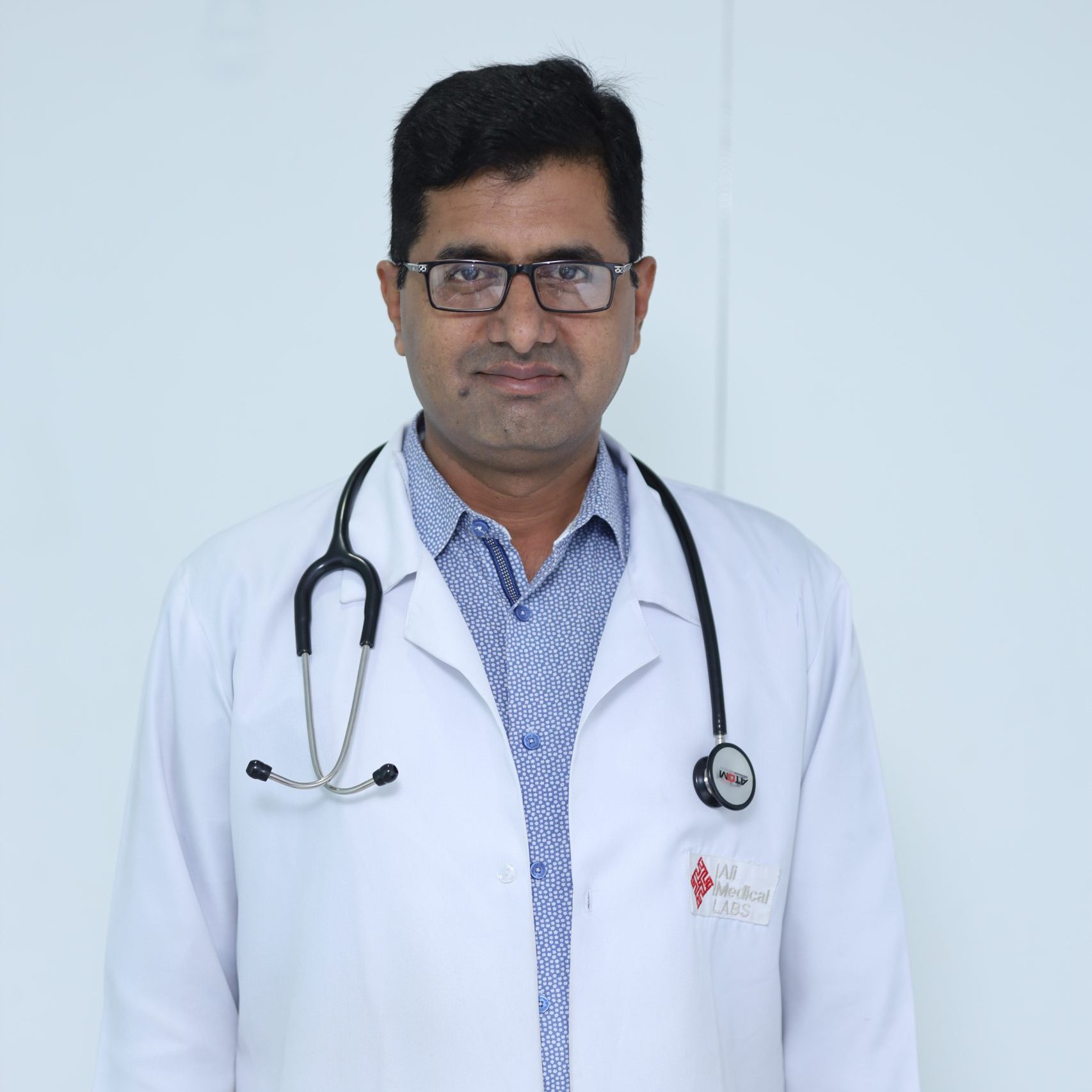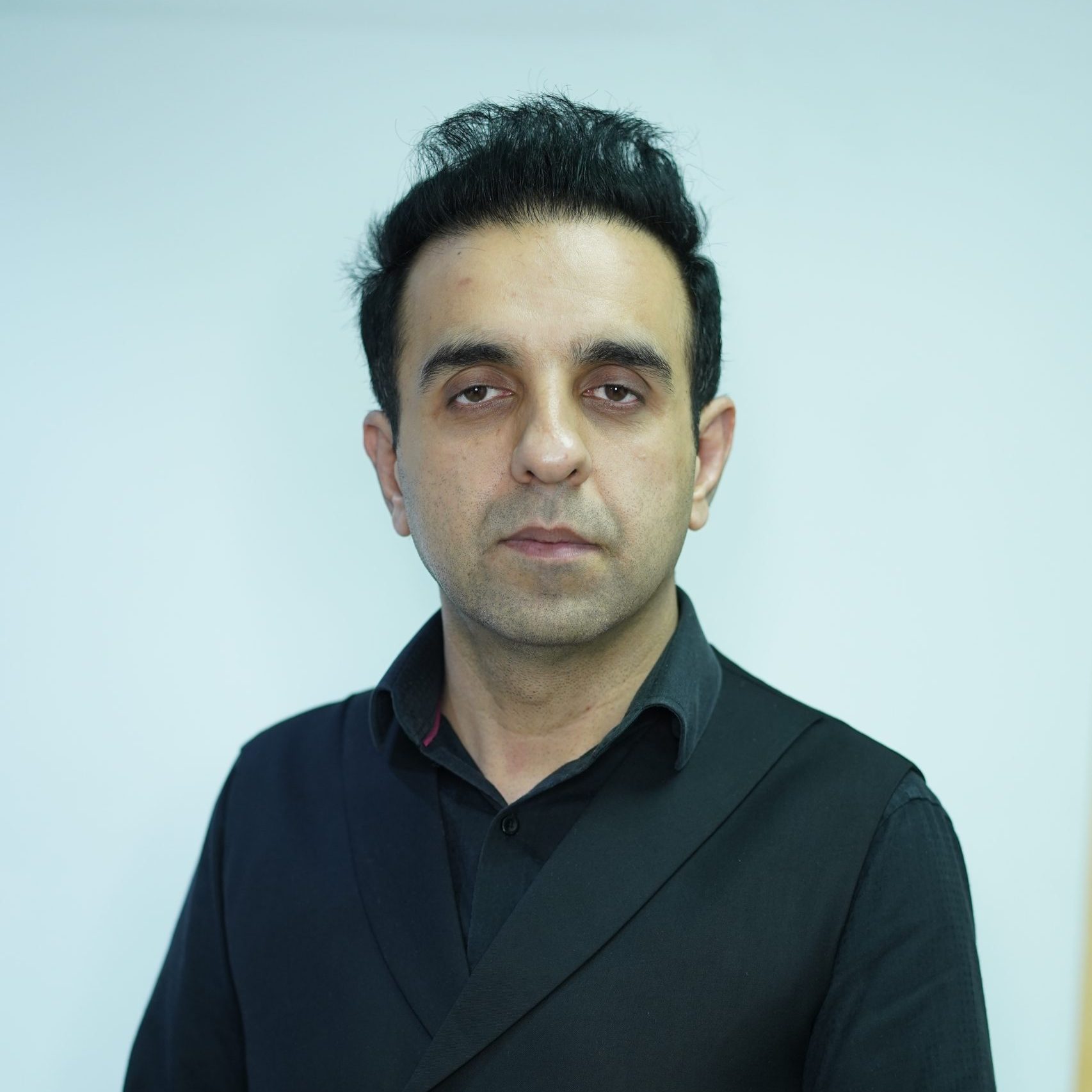The Gastroenterology Department at our hospital focuses on the diagnosis and management of digestive system disorders. Led by a team of skilled gastroenterologists, we offer a wide range of services including endoscopic procedures, diagnostic imaging, and medical therapies. Our commitment to patient care extends from screening and prevention to the treatment of conditions such as gastrointestinal cancers, inflammatory bowel disease, and liver disorders. We strive to provide comprehensive, personalized care to improve the digestive health and quality of life for all our patients.
Services:
Our gastroenterology services focus on the diagnosis and treatment of digestive system disorders. We offer comprehensive care for conditions such as
- Gastroesophageal reflux disease (GERD)
- Inflammatory bowel disease (IBD)
- Liver disease
- Gastrointestinal cancers
Our team of specialists provides advanced diagnostic procedures such as;
- Endoscopy
- Colonoscopy
- Imaging studies
- Medication management
- Minimally invasive procedures
We are dedicated to improving digestive health and enhancing the quality of life for our patients.
Our Doctors
Dr. Muhammad Omar Qureshi
Consultant Gastroentrologist/HepatologistDr. Anwar Hussain Abbasi
Consultant Gastroentrology / HepatologyDr. Associate Prof Arslan Shahzad
Consultant Gastroentrology / HepatologyDr. Hyder Wajid Abbasi
Consultant Gastroenterology / HepatologyFAQs
Who is a gastroenterologist?
A gastroenterologist is a medical doctor who specializes in diagnosing and treating disorders of the digestive system.
What are some common gastrointestinal (GI) conditions?
Common GI conditions include acid reflux (GERD), peptic ulcers, irritable bowel syndrome (IBS), inflammatory bowel disease (IBD) such as Crohn's disease and ulcerative colitis, gastroenteritis (stomach flu), celiac disease, liver diseases (such as hepatitis and cirrhosis), pancreatitis, gallstones, and colorectal cancer.
When should I see a gastroenterologist?
You should consider seeing a gastroenterologist if you experience persistent or severe symptoms such as abdominal pain, bloating, diarrhea, constipation, changes in bowel habits, blood in stool, persistent heartburn or acid reflux, difficulty swallowing, jaundice (yellowing of the skin or eyes), or other concerning digestive symptoms.
How are gastrointestinal disorders diagnosed?
Gastrointestinal disorders are diagnosed through a combination of medical history, physical examination, and various diagnostic tests, including blood tests, stool tests, imaging tests (such as X-rays, ultrasound, CT scans, or MRI), endoscopic procedures (such as colonoscopy or upper endoscopy), and other specialized tests as needed.
What treatments are available for gastrointestinal disorders?
Treatment for GI disorders depends on the specific condition but may include medication (such as proton pump inhibitors for acid reflux, antibiotics for bacterial infections, or immunosuppressants for inflammatory bowel disease), dietary changes, lifestyle modifications, endoscopic procedures (such as polyp removal or dilation of strictures), surgery, and supportive care to manage symptoms and improve quality of life.
Can gastrointestinal disorders be prevented?
While some GI disorders may have genetic or other predisposing factors, many can be prevented or their risk reduced through lifestyle modifications such as maintaining a healthy diet high in fiber and low in processed foods and saturated fats, staying hydrated, avoiding tobacco and excessive alcohol consumption, practicing good hygiene to prevent infections, and getting recommended screenings for conditions like colorectal cancer.
What is a colonoscopy, and how often should I have one?
A colonoscopy is a procedure used to examine the colon and rectum for abnormalities such as polyps or cancer. It's generally recommended to start screening for colorectal cancer at age 45-50, depending on individual risk factors, and repeat every 5-10 years depending on the findings and guidelines.
What dietary changes can improve gastrointestinal health?
Dietary changes that can improve GI health include eating a balanced diet rich in fruits, vegetables, whole grains, and lean proteins; avoiding trigger foods that exacerbate symptoms (such as spicy or fatty foods for acid reflux); staying hydrated; and considering dietary modifications for specific conditions (such as a gluten-free diet for celiac disease or a low-FODMAP diet for IBS).
Where can I find resources and support for managing gastrointestinal disorders?
There are many resources available, including patient advocacy organizations, support groups, educational materials, online forums, and community programs. Your gastroenterologist or primary care physician can often provide information and referrals to appropriate resources.
These FAQs provide general information about gastroenterology, but if you have specific concerns or questions, it’s essential to consult with a healthcare provider for personalized advice and care.







